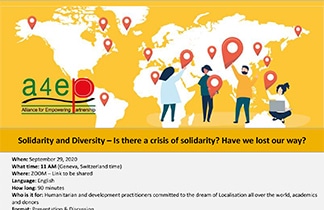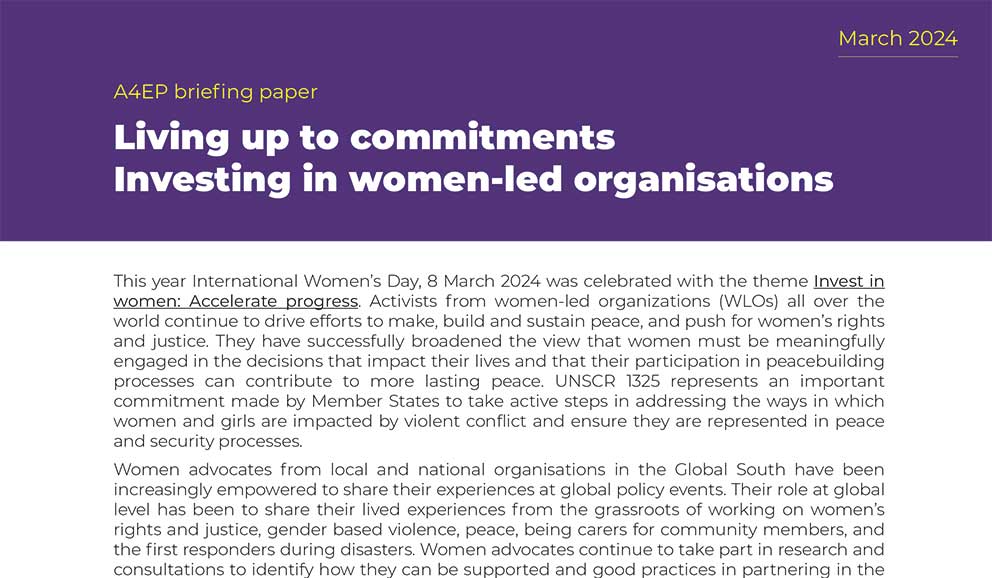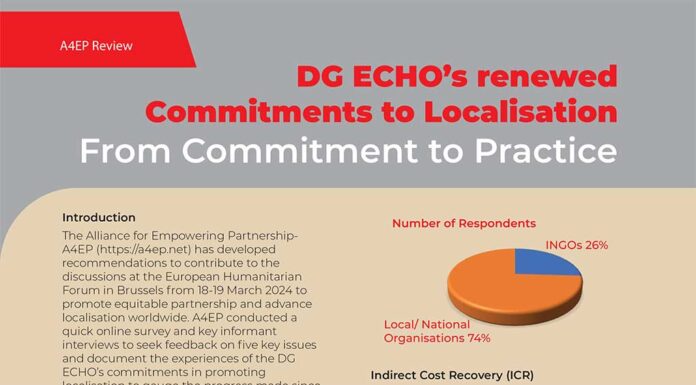Background: International Humanitarian response is a show of solidarity towards the populations affected by crisis. The International humanitarian aid is made available out of a fundamental recognition of shared humanity and solidarity.
There are small and large humanitarian disasters all around the world. Normally, it is the local authorities working together with Civil Society actors and the citizens who show solidarity and are the first and longer-term responders to those disasters. Local solidarity continues to be expressed in times of crisis as a seemingly innate response to human suffering. This was true in the Nepal Earthquake, in response to the influx of Rohingya refugees in Bangladesh, the grassroots organisations to response to refugee crisis in Greece, France, Italy and Germany, The White Helmets in Syria, Proactiva Open Arms in the Mediterranean, the Women of Las Patronas in Mexico, those who are running food banks in the UK, US and other parts of the world during Covid 19 response. All these are true embodiments of the ‘essence of humanitarianism’ in everyday acts. However, what is particularly problematic is “the way in which grassroots expressions of solidarity are pressed to better align with the ‘Professional’ humanitarian’s unique interpretation of humanity and solidarity.” [Download]



